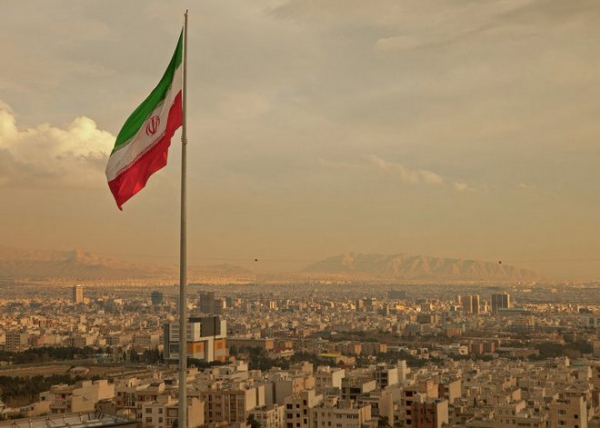Infusion of investment in Iran could lead to economic growth

By Sara Rajabova
The Lausanne framework agreement between Iran and P5+1 group countries has given an impetus for businessmen and investments to return to the Islamic Republic.
Foreign companies, from oil giants to car manufacturers have lined up to make the first foothold in the sanctions-hit Iranian market in anticipation western powers will lift all sanctions against the country soon. Companies from all over the world were one after the other engaged in talks with Iran to resume their delayed activities or make new investments in the Islamic Republic.
The return of foreign companies and investments is expected to significantly revive the Iranian economy that experienced the worst stagnation over the past several years due to international sanctions.
The Iranian government is especially expecting huge investments in its oil and gas sector, its leading economic sector. The energy-rich country is in need of foreign investments if it is to develop its ageing oil and gas fields.
With eyes set on the lifting of all sanctions, the country is already preparing for a potential influx of investors – specifically toward its oil and gas projects.
Kamran Dadkhah, a professor of economics at Northeastern University in Boston city of Massachusetts State believes that new investments in Iran will significantly change the economic situation in the country.
“Over the past 36 years the Iranian economy has suffered from the lack of investment and infusion of current technology in its industries. Nowhere is this more evident than in the oil and gas sectors. Iran has one of the largest oil and gas reserves in the world yet during the past decades its oil production has halved and it has been unable to exploit its gas reserves,” Dadkhah said.
Most Iranian oil and gas fields are in the second half of their production cycle and new methods are needed to recover these field. The Iranian officials admitted that the country’s domestic resources are not sufficient for renovating fields which have long been in the production process.
Dadkhah said given this situation the enthusiasm of foreign companies to invest and work in Iran is understandable.
“If and when the sanctions are lifted, a stream of investment that brings modern technologies will immensely transform the Iranian economy. At present, unemployment and poverty plague the Iranian workers. The infusion of investment could dramatically change the situation resulting in economic growth and reduction of unemployment,” Dadkhah said.
Sanctions have cut Iran's oil exports to about 1.1 million barrels per day from 2.5 million bpd in 2012. According to reports, Iran is keeping about 30 million barrels of crude on a fleet of tankers ready to be shipped when allowed, into a market.
Iran holds the world's fourth-largest proven crude oil reserves and the second-largest natural gas reserves. Iran’s total in-place oil reserves have been estimated at more than 560 billion barrels, with about 140 billion barrels of recoverable oil. Heavy and extra-heavy varieties of crude oil account for roughly 70-100 billion barrels of the total reserves.
However, the return of foreign companies to Iran may not be as easy and quick as expected. A final agreement between Iran and the world powers that will free the Islamic Republic from all sanctions has not been reached yet. Moreover, even if a deal is reached, the time frame for lifting all sanctions is uncertain.
Besides, foreign companies willing to return to the country may face difficulties in Iran. Dadkhah considers that the government could limit activities of some organizations that could create difficulties for foreign companies planning to make investments in the country. He warned that if no restrictions are set in place, then it wouldn’t lead to economic growth in Iran
“The enthusiasm of foreign companies to invest in Iran is necessary but not sufficient to manifest Iran’s economic recovery. According to Iranian officials 80 percent of Iran’s economy is controlled by the government or companies, institutions, and foundations associated with the government. Many of these organs are connected to the centers of power and are not bound by any law or rule,” he said.
Dadkhah said companies that are interested in genuine investment - risking their money to setup businesses to produce goods and services, would require and would demand reasonable protection from interference from governmental associated organs.
“The Iranian government has to restrict the activities of these foundations and companies. Otherwise, what it will get is a semblance of investment. That is companies and individuals who would undertake activities with quick returns that would not tie up their resources. Such activities would not result in growth and employment for the Iranian economy,” Dadkhah said.
--
Sara Rajabova is AzerNews’ staff journalist, follow her on
Twitter: @SaraRajabova
Follow us on Twitter @AzerNewsAz
